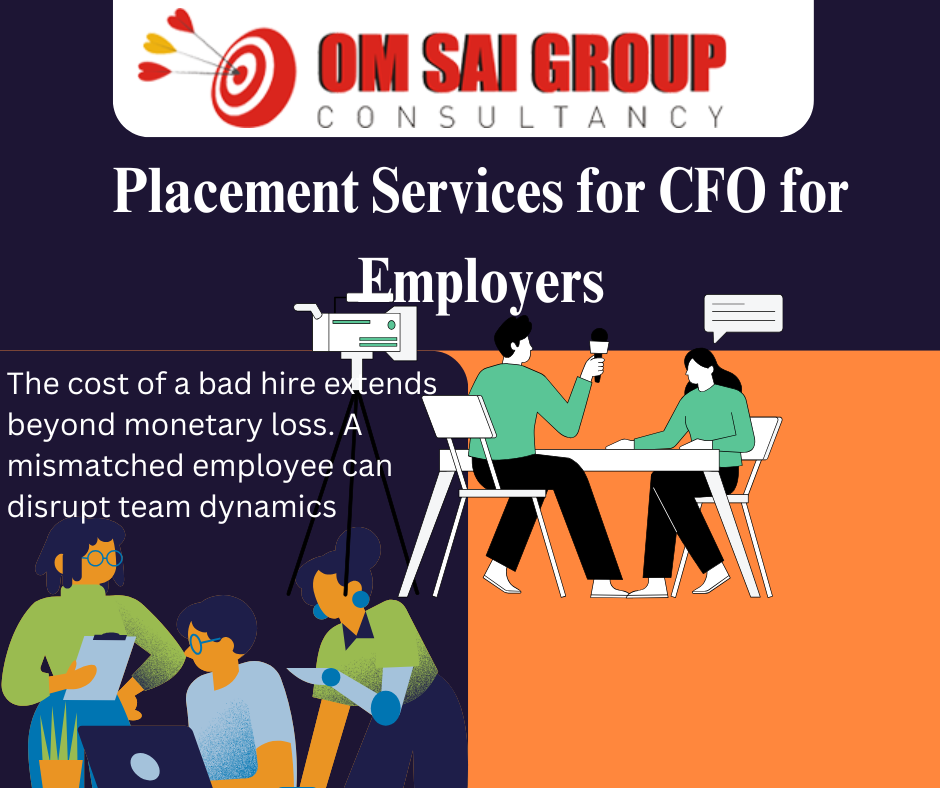Recruitment CRM services
- digital osg
- Aug 11, 2025
- 4 min read

Benefits of Using Recruitment CRM Services
The talent acquisition landscape is evolving at a pace faster than ever before. Today, securing and onboarding the ideal candidates is no longer just a process — it’s a strategic business function. Recruitment CRM services have transformed hiring into a highly efficient, relationship-driven, and data-powered operation.
Automation now plays a pivotal role in reducing time-to-hire, improving communication throughout the recruitment funnel, and enhancing candidate experiences. No longer limited to job boards and spreadsheets, modern recruiting demands flexibility, automation, and the ability to build meaningful connections with talent before competitors do. This is precisely where a recruiter’s CRM becomes indispensable.
From startups scaling their teams to enterprises refining global talent pipelines, staffing CRMs deliver operational transparency, stronger engagement, and measurable ROI. A recruitment CRM strengthens every stage of hiring — from initial outreach to final onboarding — ensuring accuracy, speed, and engagement.
What Is a Recruitment CRM?
A Recruitment CRM (Candidate Relationship Management system) is designed to manage, track, and nurture relationships with potential candidates. Acting as a centralized hub, it enables recruitment teams to monitor, communicate, and collaborate seamlessly across every stage of the hiring process.
Unlike traditional Applicant Tracking Systems (ATS), which focus mainly on application management and compliance, a recruitment CRM emphasizes engagement. It supports proactive outreach to passive candidates, personalized communication, and long-term talent relationship building — making it a cornerstone of modern hiring strategies.
7 Benefits of Using Recruitment CRM Services
1. Increased Candidate Engagement
Recruiters today juggle more responsibilities than ever. Automated recruitment CRM services make engagement effortless by managing email campaigns, sending targeted messages, and nurturing passive leads. Personalized outreach keeps candidates warm, enhances brand visibility, and ensures no prospect slips away.
With platforms like Recruit CRM, automated workflows streamline outreach, follow-up, and interaction — ensuring consistent communication and stronger relationships.
2. Streamlined Recruitment Processes
From resume parsing to interview scheduling, a recruitment CRM automates repetitive tasks, eliminating hours of manual work each week. Customizable drag-and-drop pipelines allow recruiters to move candidates smoothly through hiring stages.
This improved workflow boosts visibility across teams, enabling HR departments to act swiftly and decisively — reducing bottlenecks and speeding up the time-to-hire.
3. Centralized Candidate Database
One of the standout benefits of staffing CRMs is data consolidation. Every candidate profile — complete with resumes, past interactions, feedback, and interview notes — is stored in one unified database.
No more toggling between spreadsheets or buried email threads. This centralized structure prevents duplication, fosters collaboration, and makes data retrieval instant and reliable — whether for boutique agencies or global MNCs.
4. Enhanced Team Collaboration
A recruitment CRM is more than a database — it’s a shared workspace. Recruiters, hiring managers, and clients can update statuses, add comments, and assign tasks in real time.
Role-based access ensures sensitive information stays secure while enabling efficient teamwork. This eliminates silos and promotes seamless, purpose-driven recruitment collaboration.
5. Data-Driven Insights and Analytics
Modern CRMs provide dashboards, performance analytics, and even predictive hiring capabilities. Recruiters can pinpoint the most effective sourcing channels, identify funnel drop-offs, and refine strategies based on historical data.
From real-time KPI tracking to in-depth reports, recruitment CRMs turn guesswork into precision — helping businesses hire smarter, faster, and more efficiently.
6. Customization and Flexibility
As businesses grow, so do hiring needs. Recruitment CRMs like Recruit CRM offer scalable solutions — from small-team packages to enterprise-grade systems.
Users can integrate job boards, ERP systems, and tailor workflows to match industry-specific processes. This adaptability ensures no functional gaps as your recruitment operations expand.
7. Strengthened Employer Branding
Every interaction with a candidate shapes their impression of your company. CRMs enhance this by enabling branded communication — from customized career portals to logo-branded emails and polished templates.
This consistent, professional engagement not only elevates the candidate experience but also reinforces your employer value proposition.
Why Leading Companies Are Switching to Recruitment CRM
With remote work, project-based hiring, and skill-specific recruitment becoming the norm, traditional hiring methods can’t keep up. Recruitment CRM services offer cloud-based, modular, and user-friendly solutions to meet these modern challenges.
Today, recruitment is recognized as a strategic pillar in the HR technology ecosystem. Startups and Fortune 500 companies alike are embracing the top 10 recruitment CRMs to gain speed, agility, and competitiveness in the talent market.
Choosing the Right Recruitment CRM
With numerous options available, selecting the right CRM requires a methodical approach:
Identify your top candidates for the top 10 recruitment CRM systems.
Align features with your business needs — customization, integrations, analytics, and pricing.
Test demo accounts to evaluate user experience.
Consult with local and international offices to assess customer support quality.
Review documented client success stories and performance metrics.
The right CRM will make your recruitment team faster, more collaborative, and strategically aligned with business goals.
Conclusion
A recruitment CRM is no longer optional — it’s essential. From engaging candidates to delivering measurable hiring results, its benefits permeate every layer of the recruitment process.
For businesses ready to accelerate their hiring, adopting tools like Recruit CRM is more than just keeping pace — it’s about staying ahead in a rapidly evolving talent market.
Frequently Asked Questions (FAQ)
Q1. How is a Recruitment CRM different from an ATS? A Recruitment CRM focuses on candidate engagement and relationship building, while an ATS manages applications and compliance.
Q2. Is a Recruitment CRM suitable for small agencies? Yes, tailored pricing makes it ideal for small recruitment firms, growing companies, and large enterprises alike.
Q3. How does a CRM simplify hiring? By automating outreach, tracking candidate activity, and centralizing data for team collaboration.
Q4. Can it integrate with job boards and other tools? Yes, most CRMs integrate seamlessly with job boards, calendars, email platforms, and other recruitment software.
Q5. Where is Recruit CRM based? Recruit CRM operates globally, with its primary development office located in India.



Comments